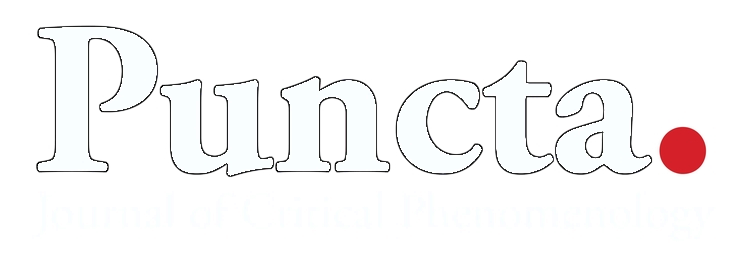The Border Security Industry and the Second Refugee Crisis: A Commentary on Serena Parekh’s No Refuge: Ethics and the Global Refugee Crisis
Abstract
Until recently, much of the philosophical literature on refugees has focused on what Serena Parekh (2020) in No Refuge: Ethics and the Global Refugee Crisis, calls the “first refugee crisis,” i.e., the refugee crisis as experienced from Europe, understood as the arrival of large numbers of asylum seekers and the political handling of this situation. This literature has therefore dealt primarily with questions about who really counts as a refugee and when states acquire obligations to admit non-citizens. Rarely, however, do philosophers talk about the ethical implications of what Parekh calls “the second refugee crisis”: the crisis for refugees themselves, who “are unable to access the minimum conditions of human dignity while they wait for a more permanent solution.” In short, when philosophers debate the ethics of asylum and refugeehood, the conclusions or insights they come to will, at best, be applicable to about 10 percent of the world’s forcibly displaced. In this review essay, I briefly outline Serena Parekh’s (2020) argument, showing how her reframing of the refugee crisis provides a much-needed intervention in the current philosophical literature. I then extend these insights into questions concerning immigration enforcement. In doing so, I argue that in order to adequately deal with the second refugee crisis we must be more receptive to the open borders position than Parekh seems to allow.
